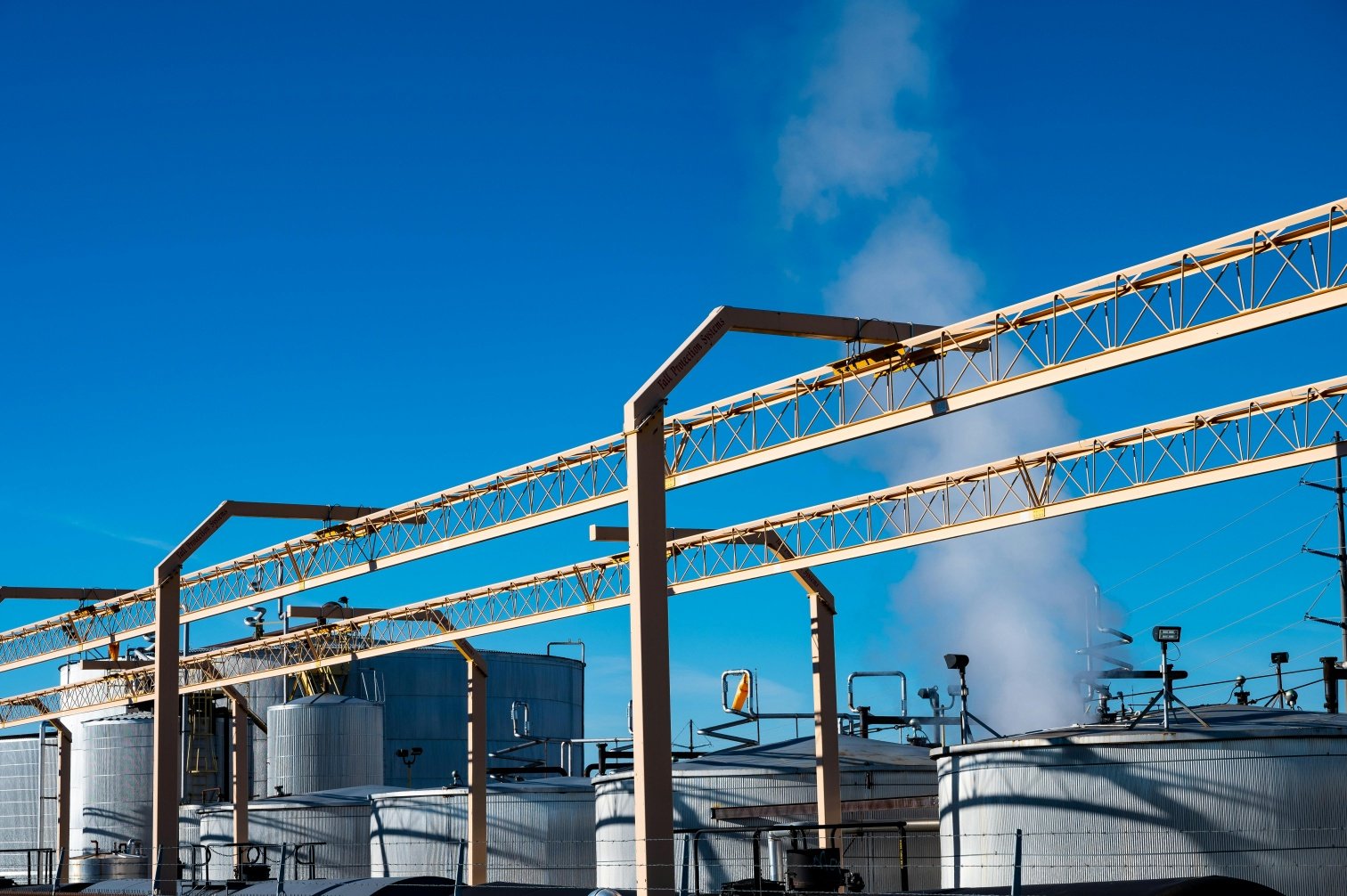What is the Difference Between ISO 22000 and GMP?
Both ISO 22000 and Good Manufacturing Practices (GMP) focus on food safety, but they have different scopes and applications. Understanding the differences helps food businesses choose the right compliance framework.

Key Differences Between ISO 22000 and GMP
1. Definition & Purpose
- ISO 22000 (Food Safety Management System – FSMS):
- An international standard that ensures food safety across the supply chain.
- Covers risk management, hazard analysis, and continuous improvement.
- Applicable to all food-related businesses, from farms to retailers.
- GMP (Good Manufacturing Practices):
- A set of regulations and guidelines that ensure hygienic and controlled manufacturing processes.
- Focuses on basic hygiene, sanitation, and food safety practices.
- Required by food regulatory authorities worldwide.
2. Regulatory vs. Voluntary Compliance
- ISO 22000: Voluntary certification that aligns with international food safety regulations.
- GMP: Often a mandatory legal requirement enforced by governments and health authorities.
3. Scope of Application
- ISO 22000:
- Covers the entire food supply chain (production, processing, storage, and distribution).
- Includes HACCP principles, risk management, and continual improvement.
- GMP:
- Applies mainly to food manufacturing and processing facilities.
- Focuses on cleanliness, staff hygiene, and operational procedures.
4. Risk Management Approach
- ISO 22000: Uses Hazard Analysis and Critical Control Points (HACCP) for risk assessment.
- GMP: Focuses on basic preventive measures to maintain hygiene and prevent contamination.
5. Documentation & System Structure
- ISO 22000: Requires a detailed food safety management system, including hazard control, monitoring, and improvement.
- GMP: Requires basic documentation on cleaning schedules, employee hygiene, and production processes.
6. Integration with Other Standards
- ISO 22000 can be integrated with ISO 9001 (Quality Management), ISO 14001 (Environmental Management), and FSSC 22000.
- GMP serves as a foundation for HACCP, ISO 22000, and FSSC 22000 certifications.
7. Certification & Recognition
- ISO 22000:
- Companies can get certified by an accredited certification body.
- Recognized internationally for food safety compliance.
- GMP:
- Compliance is verified through government inspections and audits.
- Acts as a prerequisite for other food safety certifications.

Conclusion: Which One is Better for Your Business?
- GMP is essential for meeting food safety regulations and ensuring hygiene in food production.
- ISO 22000 provides a comprehensive food safety system, helping businesses manage risks and gain international recognition.
- For full food safety compliance, many companies implement both GMP and ISO 22000.
Need Help with ISO 22000 or GMP?
Contact us today for expert guidance on achieving ISO 22000 certification and GMP compliance!


